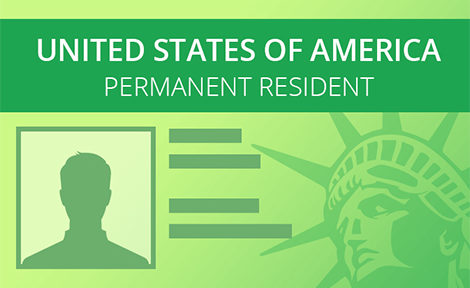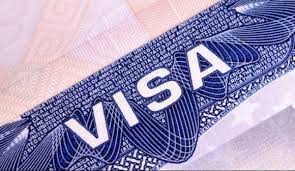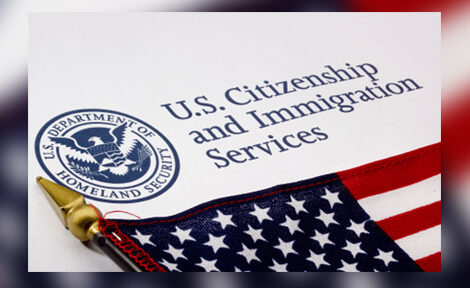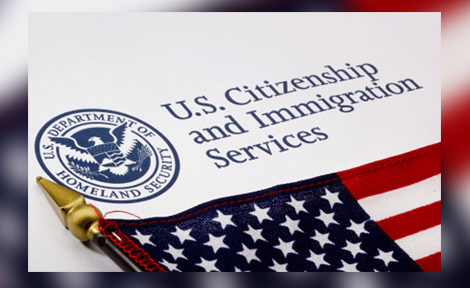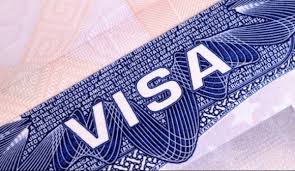Many employers perform salary reviews at the end of each year, rewarding employees who have performed well with raises. This is routine, and normally does not require any changes to the H1B petition. However, if the salary increase results in an employee earning well above the offered wage listed in the H1B petition and the labor condition application (LCA) that is in place for the worker, the employer should examine whether the employee still actually is working in the same position and performing the same job duties as those described in the H1B petition.
If the individual is working in a higher or different position from what is listed in the H1B petition and underlying LCA, it may be necessary to obtain a new certified LCA and amend the H1B petition. This, of course, should be done at the time when material changes in the position occur. However, not all employers have rigid job categories and clear promotional levels. In fact, in some companies, job changes occur over time, in a somewhat informal manner. If this has happened with an H1B worker, salary may be a key indicator of that fact.
Prevailing Versus Actual Wage
Under the law, H1B workers must be paid the higher of the prevailing wage or the actual wage. The actual wage is the wage paid to other employees of the company who hold the same position. A memorandum regarding the actual wage, which generally is a range dependent upon various factors, must be included in the public access file. If there has been an overall adjustment to the employer’s pay system or scale, the employer must retain documentation that explains the change and establishes that, even after the change, the H1B workers are receiving the greater of the actual or prevailing wage.
Important to Identify Wage Level
It is necessary to properly identify wage levels in H1B filings. If an individual initially was working in a level I (entry level) position, but has advanced over time to a level II position or above, this should be reflected in an amended H1B petition and new LCA filing. The importance to employers of systematizing and documenting H1B wage level determinations was illustrated in a case discussed in the MurthyDotCom NewsBrief, The Importance of Determining H1B Wages Levels(02.Nov.2015). Accordingly, it is essential to identify the wage levels accurately, and to document and retain proof of the minimum job requirements used in preparing the LCA and H1B petition.
W-2 Should be Consistent with LCA / H1B Petition Wage
Employers should look at their H1B employees’ expected year-end gross wages to see if there is a discrepancy between the wages actually paid and wages listed in the LCAs and H1B petitions. While the U.S. Department of Labor (DOL) does not consider a W-2 to be conclusive proof of payment of the required wages, checking the year-end gross wages of each H1B employee helps when seeking to identify potential problems.
Wage Discrepancy May be Indicative of Violation
If it appears that an H1B employee has not been paid the required wages, the employer should consider consulting with an experienced immigration attorney. The reasons for the wage deficiency can be reviewed to determine if there is a potential violation and back-wage obligation, or whether the employer has a valid claim to an exception. If there is an applicable exception, the file and human resources records should be well documented, in case of a DOL investigation.
There can be many valid reasons that the W-2 wage does not match the LCA wage. The simplest situation is found during the H1B employee’s first year of employment in the United States. Very few H1B employees start employment precisely on January 1st. In those cases, the W-2 for that year would not reflect the full annual salary. There also can be normal irregularities in pay cycles, as wages are almost always behind by at least a week or two because of payroll timing. Employers should verify, however, that their payroll systems are compliant with both federal and state laws.
Examples of Violations of H1B LCA Wage Obligations
Additional complexities arise with respect to start dates, vacations, delays in payment, and benching. For example, some employers delay the initiation of wage payments to H1B workers until they begin work on a particular project. This can result in violations, depending upon timing. Other employers may delay paying the H1B wage until the H1B worker has obtained a Social Security Number. This is a legally incorrect practice that can result in back-wage findings by the DOL. Ultimately, employers must understand that there are set regulations regarding when an H1B employee’s pay must begin.
Conclusion
Employers can take a number of relatively simple steps to protect themselves from potential fines (or worse!). Ensuring that procedures and paperwork are in order is a great first step.
While some aspects of immigration have changed in significant ways in the years since MurthyDotCom began publishing articles in 1994, there is much that is still the same. From time to time, we at the Murthy Law Firm refer our clients to articles, like this one, which remains relevant.
Source: https://www.murthy.com/2018/01/17/new-years-reminders-for-employers-part-2-of-2/


